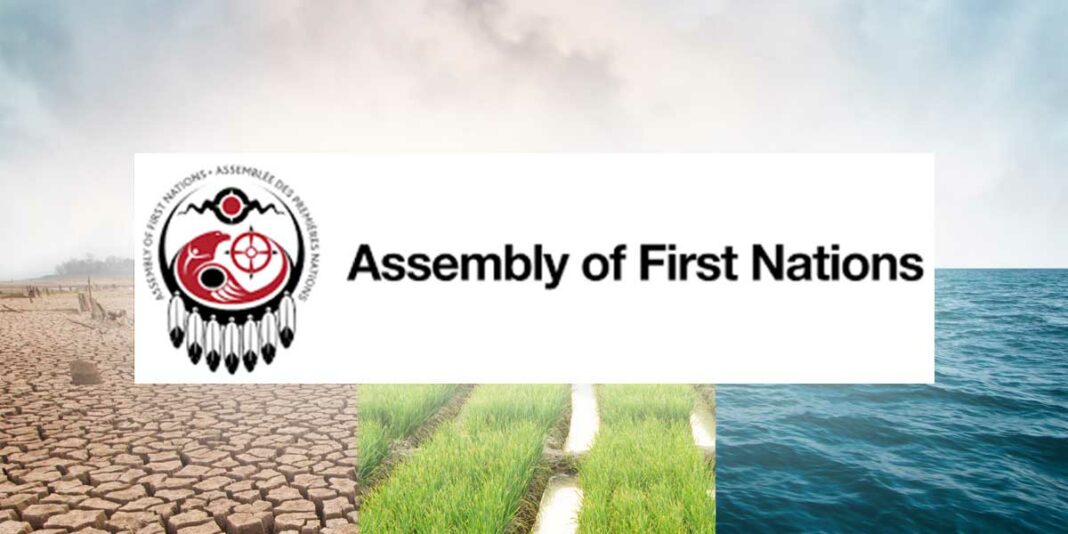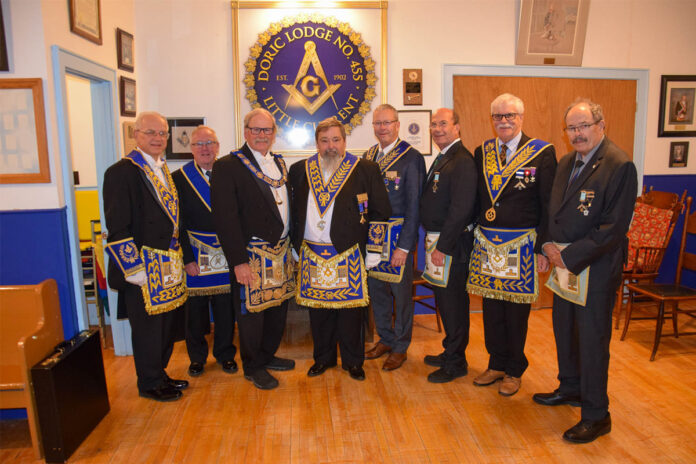CANADA—While both The Assembly of First Nations (AFN) National Chief and the Ontario Regional Chief welcome the release of the final report and calls for action by the office of the independent special interlocutor’s final report on the Indigenous-led reparations framework for missing and disappeared children and unmarked burials, (AFN) National Chief Cindy Woodhouse-Nepinak says the International Criminal Court should be investigating the disappearance of Indigenous children from Canadian residential schools.
Cindy Woodhouse-Nepinak told CBC News November 12 that she supports the call by Kimberly Murray, the federally appointed Independent Special Interlocutor on Missing Children and Unmarked Graves and burials sites, for the ICC to reconsider its decision not to investigate.
“A lot of the people that did create these harms were never prosecuted. It’s still hurtful to so many survivors,” said National Chief Woodhouse-Nepinak.
The report by Kimberly Murray, Canada’s special interlocutor on unmarked graves, was released on October 29 in Gatineau, Quebec during a gathering with Indigenous residential school survivors and experts from across the country. The report is calling on the federal government to create an Indigenous-led national commission with a 20-year mandate to investigate missing and disappeared Indigenous children. It is also calling on the Canadian government to refer itself to the International Criminal Court for Investigation.
“Canada has legal and moral obligations to ensure that a full investigation is conducted into the disappearance and deaths of these children,” said Ms. Murray, in a story published by the Canadian Press (CP). “It fulfills a highly personal, yet universal human need to know what happened to deceased loved ones and to mourn, bury and memorialize them according to the laws, spiritual beliefs and practices of one’s own culture.”
AFN National Chief Cindy Woodhouse Nepinak welcomed the release of the final report. “The release of the Indigenous-led Reparations Framework and the final report marks a step forward in addressing the historical and ongoing impacts of residential institutions and cultural genocide against First Nations. I lift up the survivors, families and communities for their courage in sharing their experiences and stories, ensuring that the memory of our children is honoured. Survivors are living witnesses, and we must support gatherings that honour their stories and uplift their memories. I also thank Kimberly R. Murray and her team for their dedication to developing this comprehensive report that builds on the critical work of the Truth and Reconciliation Commission,” the National Chief stated.
“This framework provides a guide for the recovery, identification, and commemoration of our missing children and the protection of unmarked burial sites in a way that respects our sovereignty and practices,” said the National Chief. “As the framework lays out, Canada must move toward a culture of accountability and justice that fully honours the United Nations Declaration of the Rights of Indigenous Peoples and Canada’s legislative commitment to implement its principles. We urge the government of Canada to provide the necessary resources and legal frameworks to substantively develop legislative changes that honour, protect, repatriate and implement all 42 legal, moral and ethical obligations in the Special Interlocutors Framework.”
It is explained in the report that more than 150,000 Indigenous children were forced to attend residential schools, the last of which closed in 1996. An estimated 6,000 children died in the schools, though experts say the actual number could be much higher. Many of their families were never informed of their deaths or told where they were buried. In recent years, communities have been searching the grounds of former residential schools in hopes of bringing their missing children home.
Ms. Murray also said the national commission would need to reflect Indigenous people’s sovereignty, be governed by Indigenous laws and examine the systemic patterns of genocide and crimes against humanity. Its mandate should be no less than 20 years, she said.
The two-volume report lists 42 obligations for governments, churches and other institutions to achieve truth, accountability, justice and reconciliation.
“Today, we support Kim Murray and her effort in creating her extensive, final report,” said Ontario Regional Chief Abram Benedict. “Through her effort in engaging First Nations, Inuit and Metis Survivors, and communities over the last two years, she has provided the federal government with the tools needed to make monumental progress in our country’s reconciliation efforts.”
The final report identifies the 42 obligations for the Canadian government and others to follow in creating a reparations framework with Indigenous-led practices. It also considers the immediate next steps needed for the work to take place, including Ms. Murray’s role in these efforts.
“As our team explores the full report and learns from its obligations, we are looking for ways to advocate for tangible actions to come out of its release,” said Ontario Regional Chief Benedict in a release. “As we continue our support of First Nations, communities and organizations across Ontario, we will identify the ways to call on the government to bring change to the country.”
National Chief Woodhouse Nepinak said, “we will also continue to call for the implementation of the Truth and Reconciliation Commission’s 94 calls to action, which, to date has been far too slow. Ensuring stable and adequate funding for communities to manage the identification, recovery and commemoration of children from residential institutes also remains a priority. Additionally, it is essential that all records for the Roman Catholic Church and other institutions be handed over to the National Centre for Truth and Reconciliation, as required under the Indian Residential School Settlement Agreement. We expect full support from all levels of government to ensure this work is advanced.”
Jaime Battiste, parliamentary secretary to the Minister of Crown-Indigenous Relations told CBC he’d like to know who would be held responsible by the ICC, which tries individuals, not states.
Mr. Battiste, who has residential school survivors in his family, said he thinks the focus should be on healing with Indigenous communities instead.
“How do you prosecute a country?” said Mr. Battiste, Liberal MP for Sydney-Victoria. “I’d focus my efforts on what we can do in this country, as opposed to international boards.”
The ICC declined an interview with CBC but in a statement said any individual or group from anywhere in the world may send information on alleged crimes to the ICC prosecutor.





